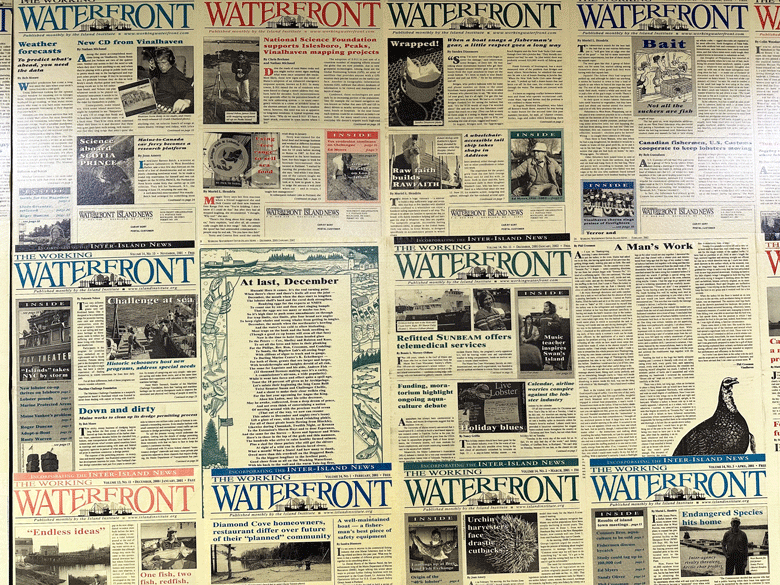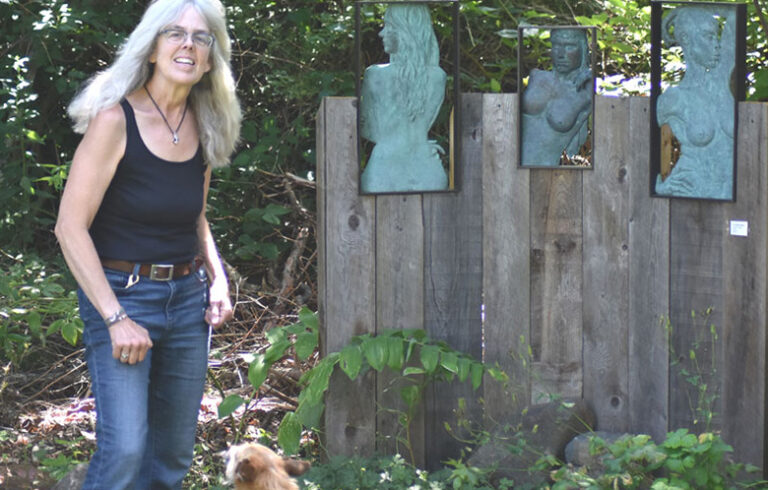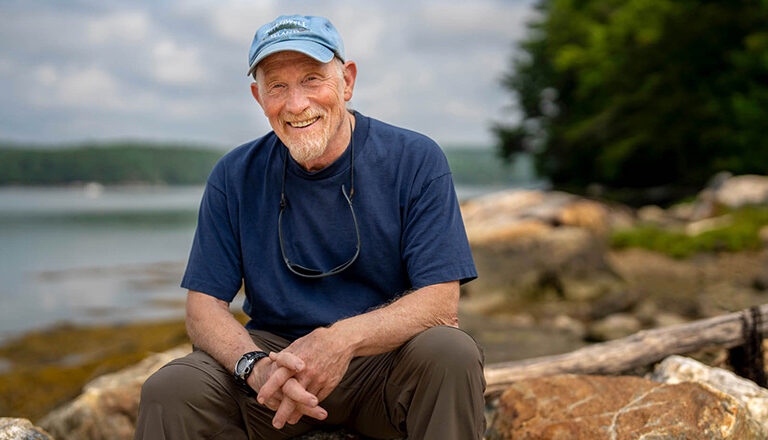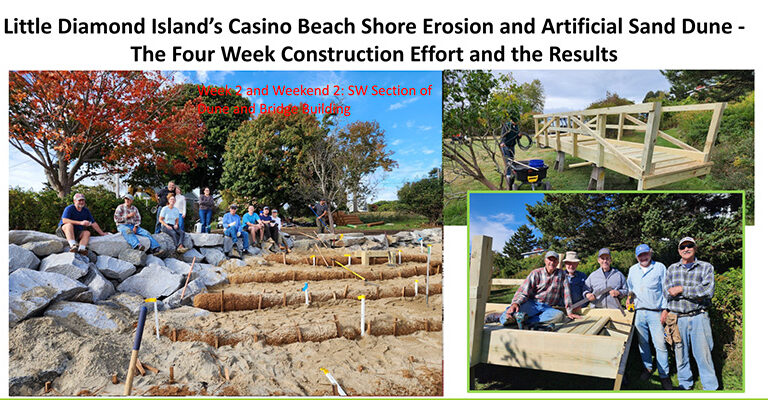High quality education
To the editor:
I read Kim Hamilton’s “From the Sea Up” column in the October issue, “Rewriting the storyline of island schools” (a great title), with much interest. I wholeheartedly agree with her observation that “Schools play an undeniable role in the ecosystem of a thriving island community… [they] are essential to sustaining our islands.”
In 1980, as a visiting English teacher, I spent a special day visiting the one-room school on Isle Au Haut and was much impressed and engaged by the high quality of education that the eight mixed-age group of students were receiving from their resourceful, devoted teacher.
I noted the cited “interventions” that the research literature advocates to support remote schools. Though my own teaching, research and writings about literacy in rural schools was on a “bridged” island, I found that the same interventions were crucial.
Now retired from the University of New Hampshire, I’d be pleased to give Island Institute a copy of my book, Time to Write: The Influence of Time and Culture on Learning to Write. In an ethnographic study from 1984-2010 (second edition, 2015), I explore the shifting relationships between the time values of a fishing community, those of the school, and of the digital age. I ask how time values inform and shape students’ responses to becoming literate.
I support your own valuable work with small island schools, and I much enjoyed reading about your father’s experience in the Chebeague Island school district.
John Lofty
Deer Isle
Native endorsement
To the editor:
I wish to endorse Tom Groening’s call (“Rock Bound,” The Working Waterfront, December/January issue) for us to focus on restoring native status. For the life of me, I cannot fathom why our governor wishes to deny the degree of sovereignty to the Wabanaki accorded all other federally recognized Indian nations in the United States.
As a recent study out of Harvard University makes clear, this imposes a hardship on the Wabanaki nations. Sadly, this continues a long tradition in the state of Maine of discrimination against the Wabanaki people.
Bill Haviland
Deer Isle
Information helped victim
To the Editor:
Thank you for the beautiful coverage by Tom Groening of our Damariscotta “Break the Silence of Domestic Abuse” event on Nov. 7 at the Skidompha Public Library (“Domestic abuse—voices and vocabulary found,” December/January issue).
The article has already helped at least one island dweller.
A woman living on a Maine island got in touch with me wanting information to provide to her friend who is trapped in domestic abuse, so her friend could see the patterns of abuse and know she was not alone. I was able to suggest the caller get a hold of the current issue of The Working Waterfront and hand that to her friend, since all the information she was seeking was in that story.
This coverage of us in The Working Waterfront spreads the word to Maine’s island and coastal communities about Finding Our Voices as a statewide, grassroots, and survivor-powered resource for women and children trapped in domestic abuse and the friends and family who are worried about them. The timing, as winter sets in, was important.
Thank you, Island Institute, for this important newspaper.
Patrisha McLean
Founder/CEO Finding Our Voices
The Working Waterfront welcomes letters to the editor, which should be sent to Tom Groening at tgroening@islandinstitute.org with “LTE” in the subject line. Longer opinion pieces are also considered, but should first be cleared with the editor.





